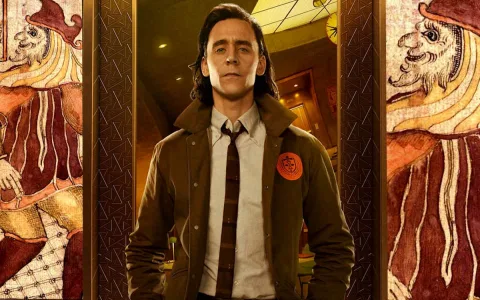Okay, so this question about Boston being “Beantown” popped into my head this weekend. Heard it again on some podcast, right? And I’m sitting there scratching my head like, wait, seriously? Beans? That’s the big nickname? Why not… I dunno, “Fish Town” or “Tea Party Central” or something? Beans just seemed kinda… random? Boring even? Had to figure out what the actual deal was.
So, first thing I did was what anyone does – hit the web. Started punching in stuff like “Boston Beantown origin” and “why is Boston called Beantown” hoping for a quick answer. Figured it was just some old-timey food thing they were stuck with. Saw a bunch of tourist sites just repeating the “baked beans” line, but man, it felt way too simple. Like, cities get nicknames for bigger reasons, usually, you know?
Hitting the Books (Or At Least the Weird Search Results)
I dug deeper. Went beyond the first Google page, started clicking on links from historical societies and old Boston newspapers. That’s where things got more interesting. Yeah, beans are definitely part of the story. Turns out Boston got hooked on sweet molasses baked beans way back when, like colonial days. Molasses was dirt cheap ’cause it came straight from Caribbean sugar plantations as a byproduct of rum making. Boston ships brought it up, rum went out, and hey, cheap sweet stuff for baking.
So yeah, beans became a cheap, filling staple food. They became super associated with the city. Stories popped up about cooks leaving pots of beans baking slowly overnight in their hearths. Tourists would come and everyone would say, “Oh you gotta try the Boston Baked Beans!” It was a thing. But dude, that ain’t no coincidence. Everywhere has food things. Why “Beantown” stuck? Felt like it had to be more.

The Lightbulb Moment (Thanks to a Weird Detail)
I was skimming this really old travel guide, like early 1900s stuff, and it mentioned this old tradition. Get this – Boston used to have these huge “bean feasts” or “bean pots” for important folks visiting the city! Like, they’d roll out the red carpet… and serve baked beans. Seriously. Politicians, celebrities, big shots arriving by train? Boom, giant bean pot welcoming meal. And it wasn’t just about the food; it became this whole symbol of the city rolling out its special – albeit simple – hospitality.
That’s when it clicked. It wasn’t only that they ate beans. It was that beans became this weird, quirky symbol used by the city itself. Think about it:
- Cheap colonial staple thanks to the shipping trade.
- Stuck around as a super famous local food specialty.
- Then got formally adopted as the city’s official “welcome dish” for decades.
The city basically leaned into it! So when people started tossing “Beantown” around, maybe as a bit of a joke at first because of all the bean-eating and bean-feasting, Boston kinda just… owned it. It became shorthand for the place. Simple, silly, kinda humble – maybe that fits Boston?
Wrapping It Up
So after digging around, here’s my take. Yeah, the nickname comes from baked beans – that part is legit. But it wasn’t some random accident because folks ate a lot of pork and beans for dinner. It stuck because:
- Trade made the ingredients cheap (hello molasses!).
- The food became a famous local signature dish.
- And then the city itself made it a tradition. Those bean feasts turned the food into a potent symbol.
By the early 1900s, “Beantown” was in common use. It’s a nickname born out of practicality, turned into local pride, then cemented by official city spectacle. A humble dish turned into a lasting symbol. Kinda cool, actually? Definitely more interesting than I thought when I started hitting refresh on my browser! Now I kinda wanna try some legit, old-school Boston baked beans…










